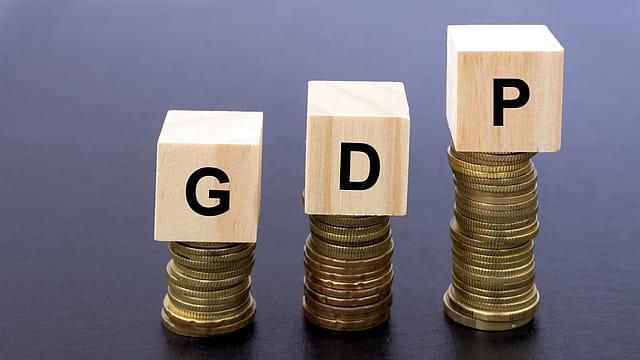India's GDP to grow 6.2% in 2024: UN
ADVERTISEMENT

Driven by a robust economic growth in India, gross domestic product (GDP) in South Asia grew by an estimated 5.3% in 2023 and is projected to increase by 5.2% in 2024, the World Economic Situation and Prospects 2024 report of the United Nations (UN) has said. India, which remains the fastest growing large economy in the world, is projected to see its GDP grow 6.2% in 2024, slightly lower than the 6.3% estimate for 2023, amid robust domestic demand and strong growth in the manufacturing and services sectors, it said.
On the investment front too, India is expected to be a strong performer. "Global investment growth is likely to remain subdued. Real gross fixed capital formation grew by an estimated 1.9% in 2023, down from 3.3% in 2022 and far below the average growth rate of 4% during the period. In contrast, India registered strong investment performance in 2023, driven by government infrastructure projects and multinational investments," the report said.
According to the report, India is benefiting from growing interest from multinationals, which see the country as a key alternative manufacturing base in the context of developed economies' supply chain diversification strategies. "In 2022, FDI flows to India rose by 10%, making it the third largest host country for announced greenfield projects. Another driver of fixed capital formation in the country is the increased government spending on roads, railways, and renewable energy projects, which can have a crowd-in effect on private sector investment," the report said.
The UN report said tight financial conditions and fiscal and external imbalances will continue to weigh on growth in South Asia in the near term. Countries including India will also be vulnerable to geopolitical tensions – including the ongoing war in Ukraine and the conflict in Western Asia – as it exposes net-oil-importing countries in the region, including India, to the risk of sudden oil price spikes, it said.
Climate change related risks, extreme weather conditions, and the return of the El Niño climate phenomenon were also highlighted as significant risks to the economic outlook.
"Climate-change-related events continued to have an adverse impact on the region in 2023. Droughts intensified considerably during July and August, affecting most of India, Nepal and Bangladesh, while Pakistan recorded above-average rainfall. In India, August was one of driest months in four decades, impacting the production of key staple crops in the most affected areas. El Niño is expected to affect precipitation patterns in many Asian countries, causing extreme droughts or floods and consequently impacting agricultural output," the report said.